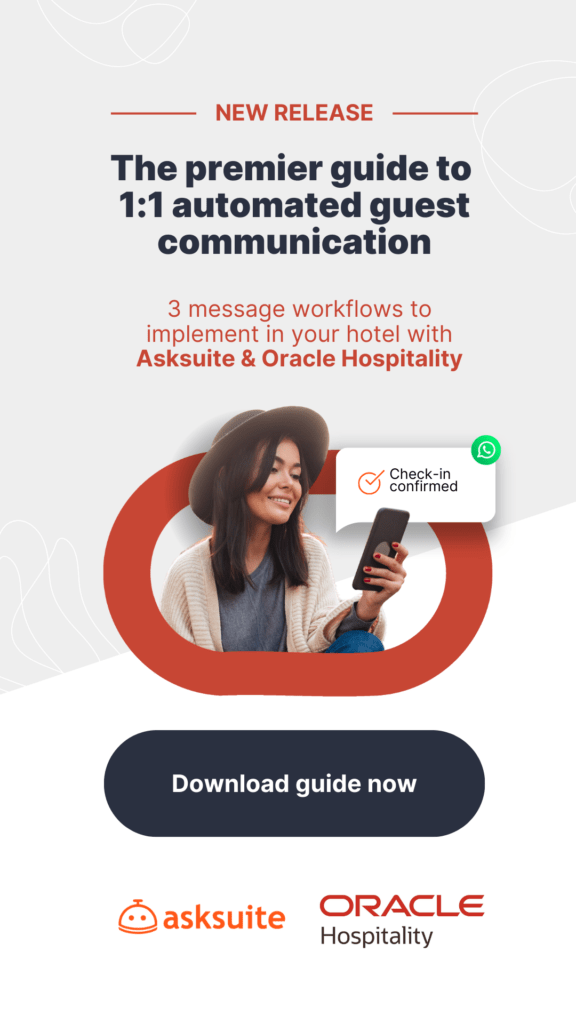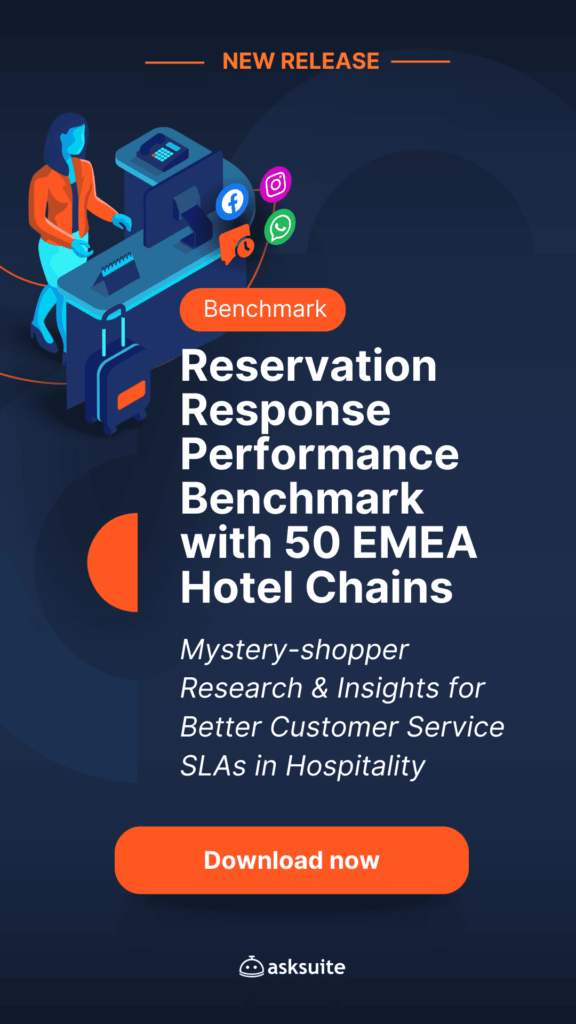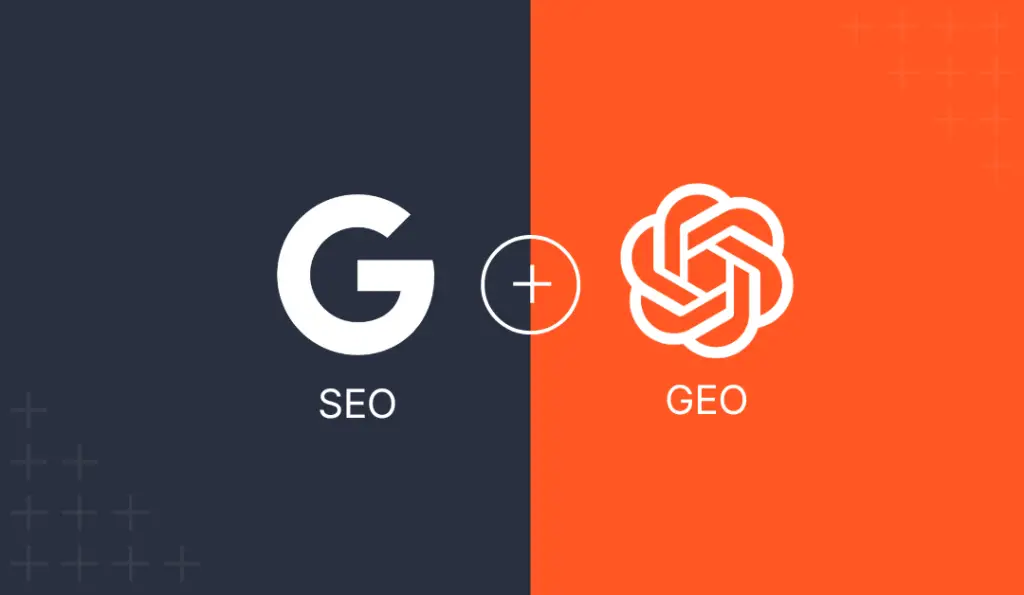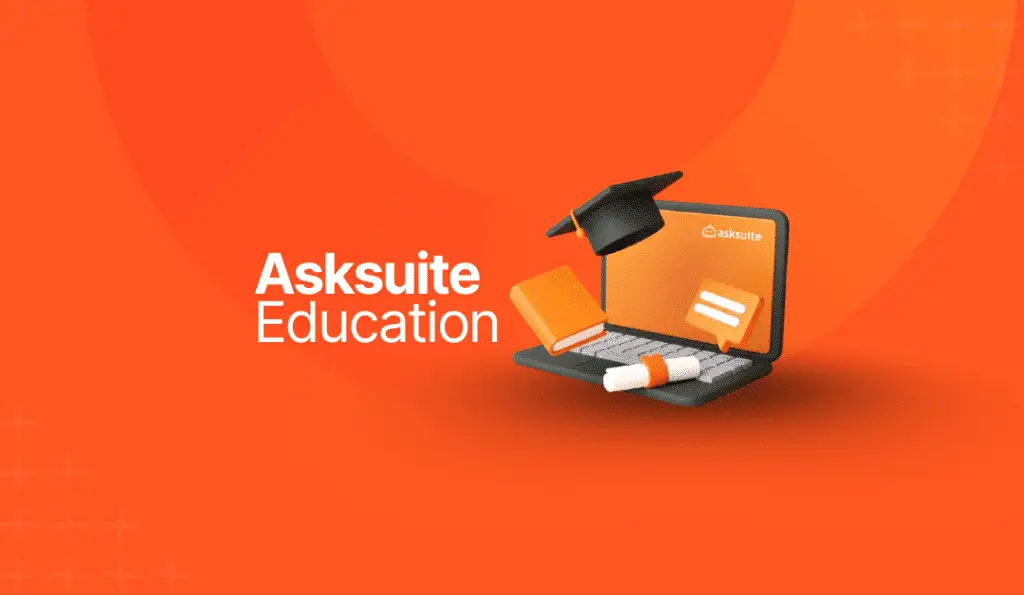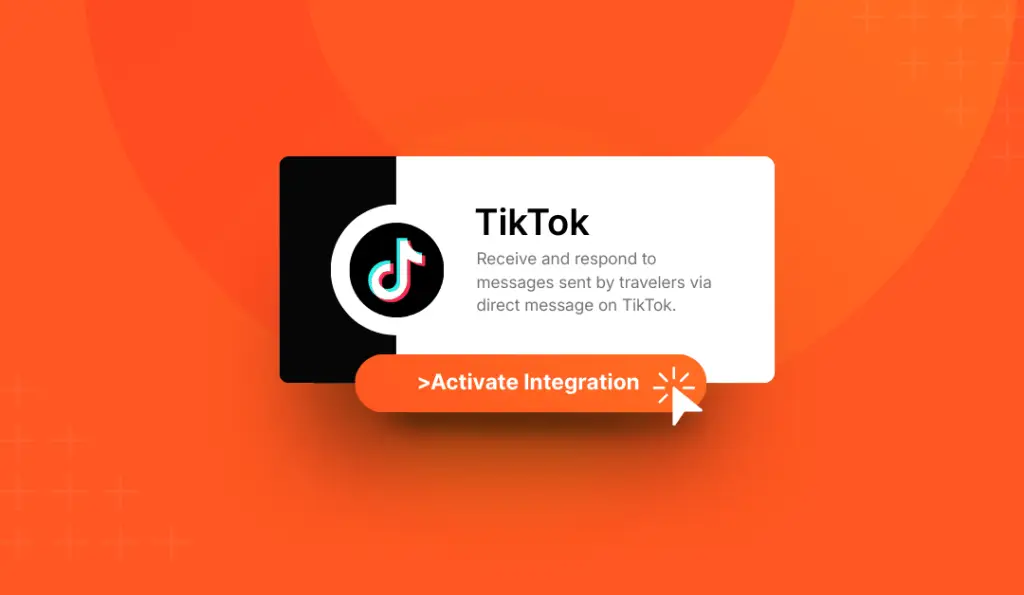Discover how leveraging automation, AI, and effective hotel management can improve efficiency and profitability in your hotel.
Did you know that adopting data-driven strategies and technology can increase hotel productivity by 15% to 25%, according to McKinsey & Company? Hotel productivity is crucial for the success of any hospitality business, as operational efficiency directly impacts guest experience and profitability.
To stay ahead in the hospitality industry, maximizing productivity is essential for cost reduction, improved service delivery, and revenue growth. This is achieved through automation, optimized labor management, and better communication with travelers.
This article will explore key strategies to enhance hotel performance, focusing on technology integration and process optimization to improve efficiency, customer satisfaction, and profitability.
What is Hotel Productivity?
Hotel productivity refers to the efficiency with which a hotel utilizes its resources, such as time, staff, technology, and materials to deliver high-quality experiences to travelers while maximizing profitability.
This involves streamlining hotel operations across departments like communicating with travelers, front desk service, housekeeping chores, and food and beverage offering. By optimizing workflows and reducing waste, hotels can drive higher revenue without compromising on guest satisfaction.
How to Improve Efficiency in Hotels?
Asksuite’s AI reservation assistant has already sent over 37 million quotes automatically to travelers, helping hotels improve efficiency. To achieve this, it’s essential to adopt strategies and tech solutions that empower hotel teams to accomplish more in less time.
Here are several actionable approaches to boost hotel productivity that you can implement today:
1. Leverage AI and Automation
Integrating AI-powered solutions can significantly improve productivity. Have you ever imagined having a reservation assistant that answers travelers’ FAQs anytime, day or night, in any language, and reaches out to reservation agents in situations that require human intervention?
This is exactly what technologies developed specifically for the hospitality industry can do for your hotel. Asksuite’s AI Reservation Assistant, voted the best in the world by hoteliers, is an example of such a solution.
Besides, another relevant tech tool to free up even more time for your reservation agents is AskFlow Agents. It allows your hotel to create AI agents to automate daily tasks and personalize communication.
Imagine having a team of multi-agent AIs that can automate:
- Recovering abandoned bookings
- Sending reservation confirmation messages
- Assisting with early check-in/out
- Promoting exclusive, targeted offers
- Requesting reviews and feedback for your hotel
This reduces staff workload, improves response times, and boosts both revenue and satisfaction, as communication is tailored to the guests’ needs.
2. Implement an Omnichannel Communication Strategy
Consolidating communication channels into one platform helps streamline interactions with travelers, no matter where they reach your hotel.
With hospitality-tailored omnichannel tools, it’s possible to manage communication across multiple channels, such as WhatsApp, email, and chat, from a single dashboard. This eliminates the need for switching between platforms and ensures travelers don’t need to repeat questions they’ve already asked during previous interactions.
3. Use Data Analytics for Smarter Decision-Making
Did you know that 90% of hotels don’t know who the best reservation agent is based on conversion rates? Identifying this agent is crucial for making strategic decisions about resource allocation and optimizing service.
By understanding each agent’s performance, hotels can focus on the most efficient ones, ensuring travelers receive the best possible service and maximizing conversion opportunities.
Customized dashboards allow these data to be easily accessed, without any difficulties in extraction. Some insights that can change the game for your hotel include performance data for each agent, across all communication channels, and also provide tools to highlight which interactions are most urgent or have the highest chance of conversion.
Asksuite clients, for example, access the Sales Performance Dashboard and the SLA Dashboard directly on the omnichannel platform, without the need for additional software or tabs to analyze the information.
4. Optimize Staff Scheduling
Efficient scheduling ensures that hotels are properly staffed during peak periods and avoid overstaffing during slow periods.
Data-driven scheduling tools, such as Calendly, Doodle and even Google Calendar, can forecast demand and allocate staff accordingly, helping to balance labor costs and service quality. Cross-training staff to handle multiple roles further increases flexibility and helps maintain service levels even during high-demand periods.
5. Integrate Hotel Systems
Modern, integrated hotel management systems can automate many routine tasks, such as managing reservations, payments, and traveler preferences.
These systems help eliminate manual processes, reduce errors, and enhance communication between departments. Investing in a comprehensive PMS that integrates with omnichannel platforms, booking engines, and other third-party systems can reduce errors across communication and service delivery.
By adopting these strategies, hotels can improve their overall efficiency, allowing them to operate more smoothly, all of which contribute to increased profitability.
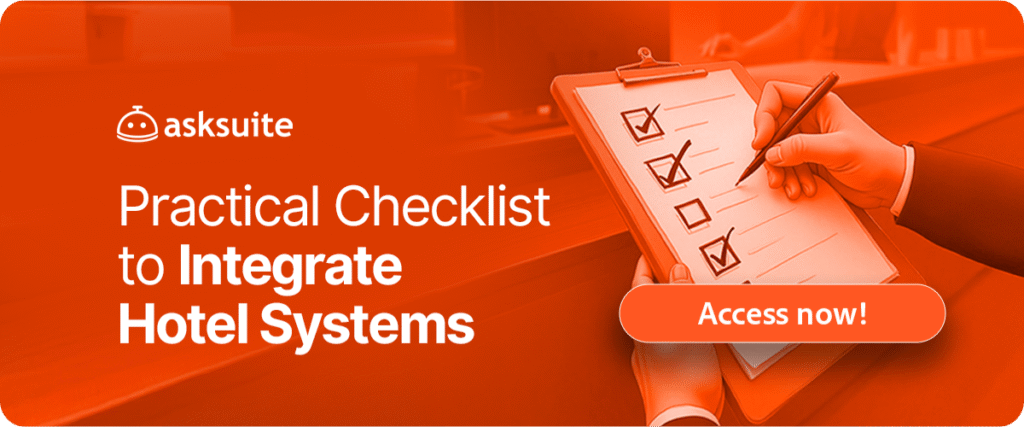
How to Measure Productivity in Hotels?
Measuring hotel productivity involves tracking key performance metrics that reflect the efficiency of operations, guest satisfaction, and revenue generation. These metrics offer valuable insights into areas for improvement and guide decision-making for hotel management.
Room Occupancy Rate
This metric calculates the percentage of available rooms sold over a given period. A higher occupancy rate generally indicates better use of room inventory, which directly impacts revenue.
Average Daily Rate (ADR)
ADR measures the average revenue earned per room sold. It reflects pricing strategies and the hotel’s ability to optimize its revenue from bookings.
Revenue Per Available Room (RevPAR)
RevPAR combines occupancy rate and ADR to give a holistic view of a hotel’s financial performance. It’s a key indicator of a hotel’s ability to generate income from its available rooms, regardless of occupancy.
Staff Productivity Ratio
This ratio calculates revenue generated per staff member. It helps assess labor efficiency and indicates how well staff are utilized to contribute to the hotel’s financial performance. Higher ratios suggest more efficient use of human resources.
Guest Satisfaction Scores
Customer feedback, often measured through surveys and review platforms, provides insights into the guest experience. High guest satisfaction is often linked to higher productivity, as it indicates that the hotel is efficiently delivering quality service.
By regularly tracking these metrics, hotel managers can identify productivity trends, optimize processes, and implement changes that improve both operational efficiency and financial results.
The good news? You can improve your hotel’s productivity by relying on specialized solutions for the hospitality sector that understand your hotel’s needs.
Count on Asksuite to help you build smarter, more efficient hotel communication that will keep you ahead of the competition. Talk to a specialist today!
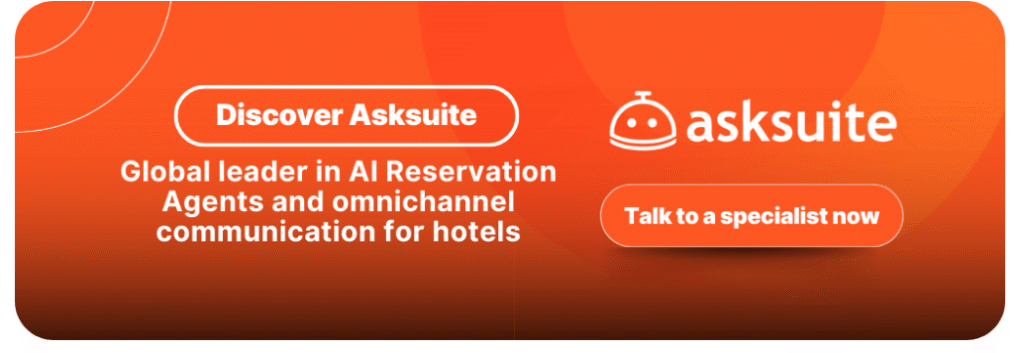
This blog post was originally written on May 3, 2021 and updated on September 17, 2025.

